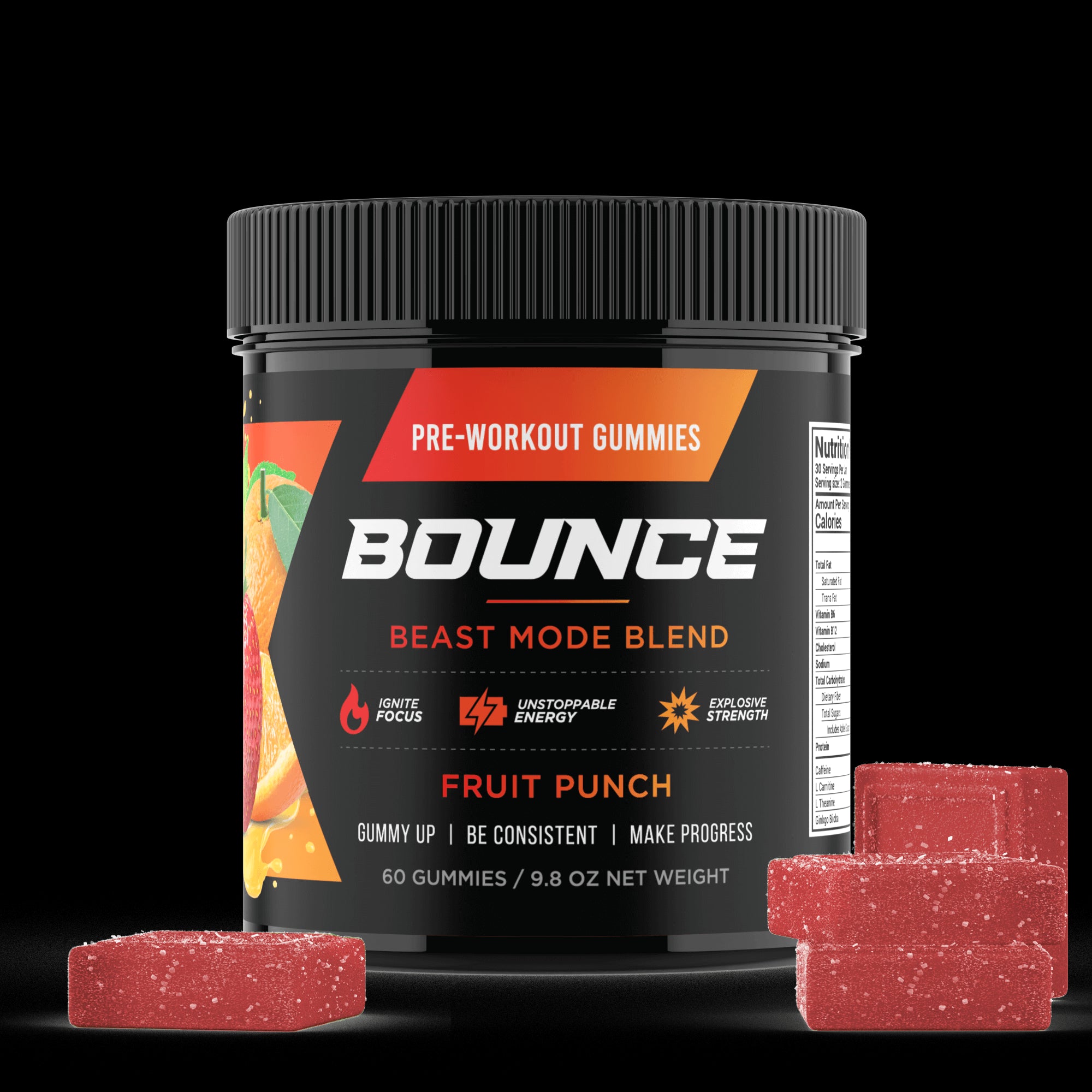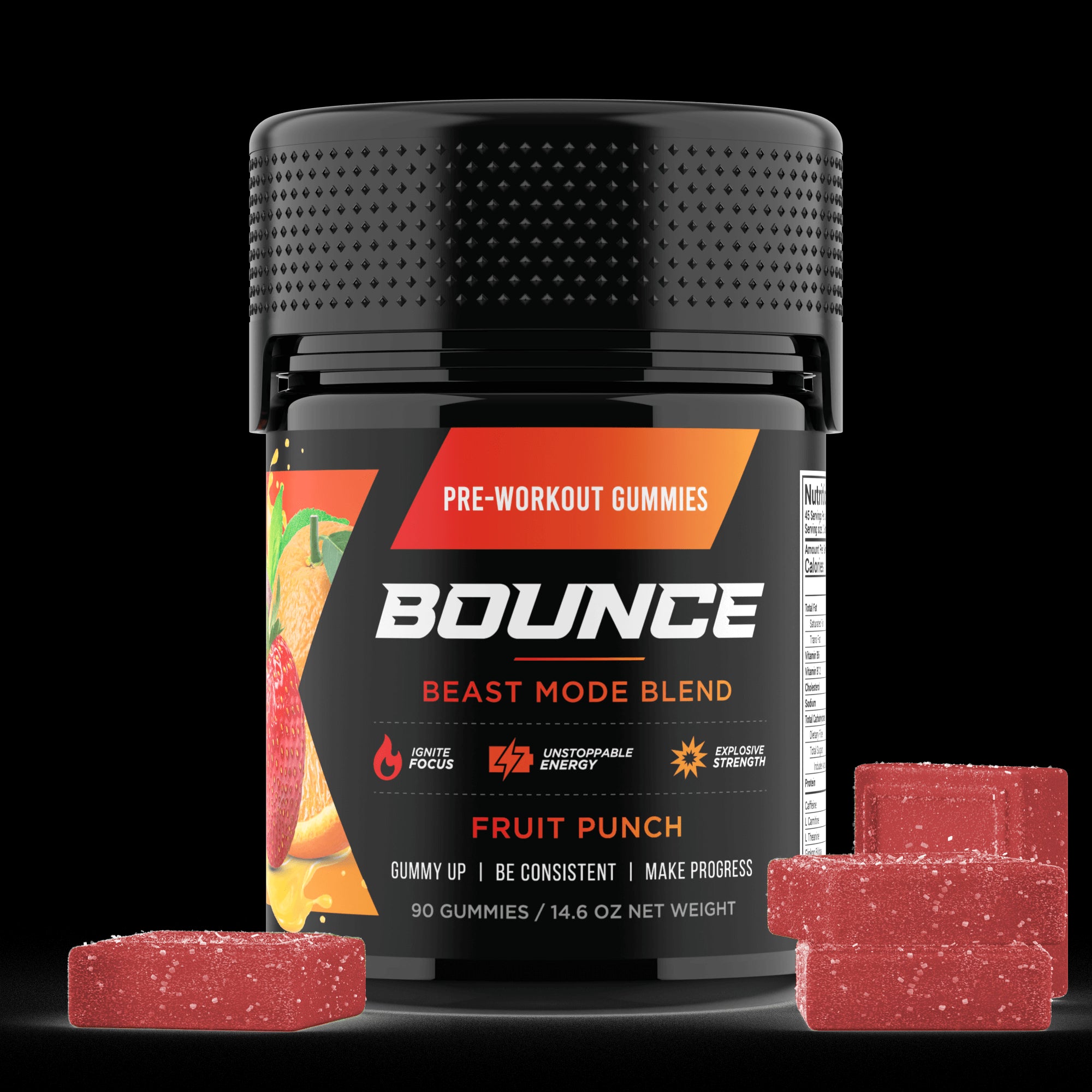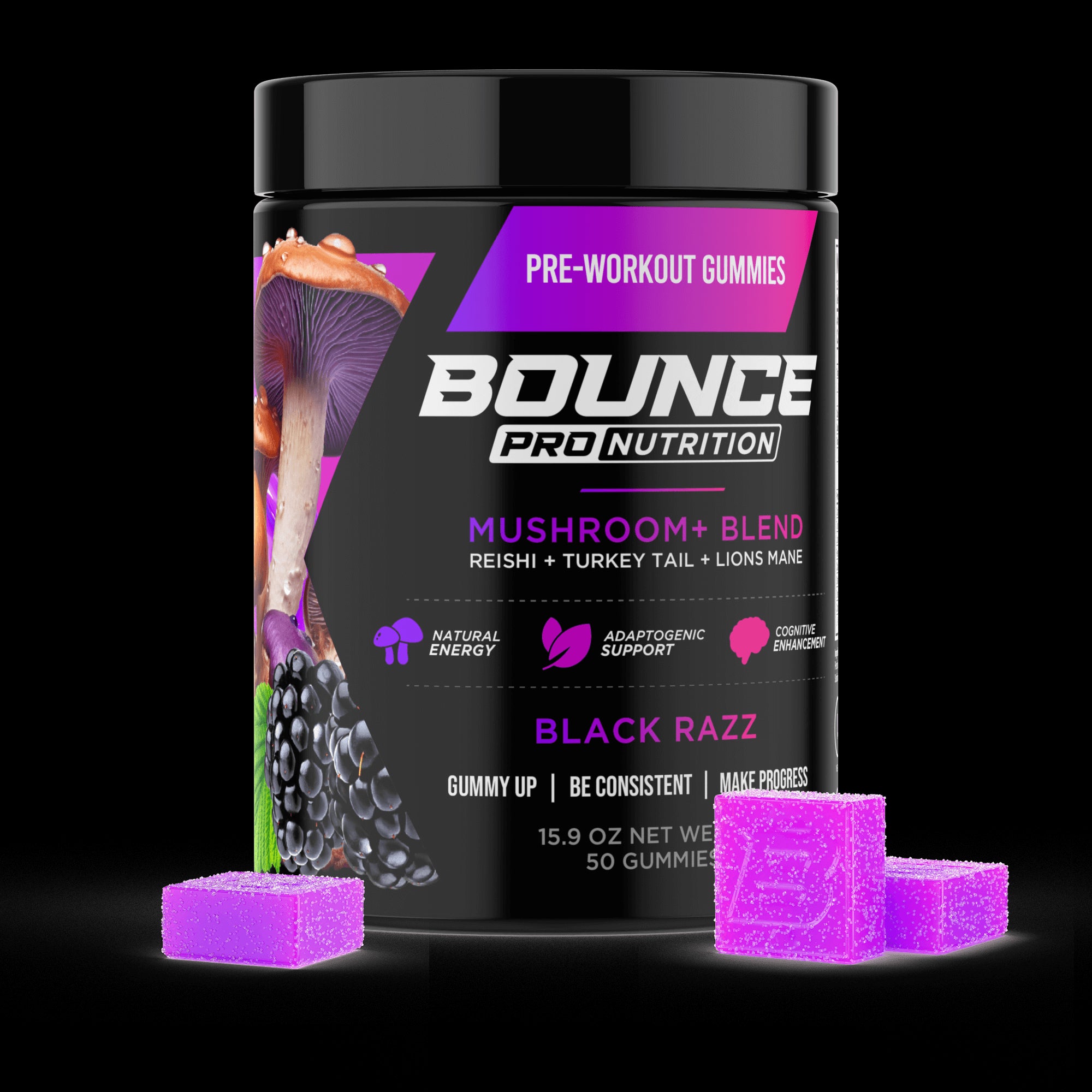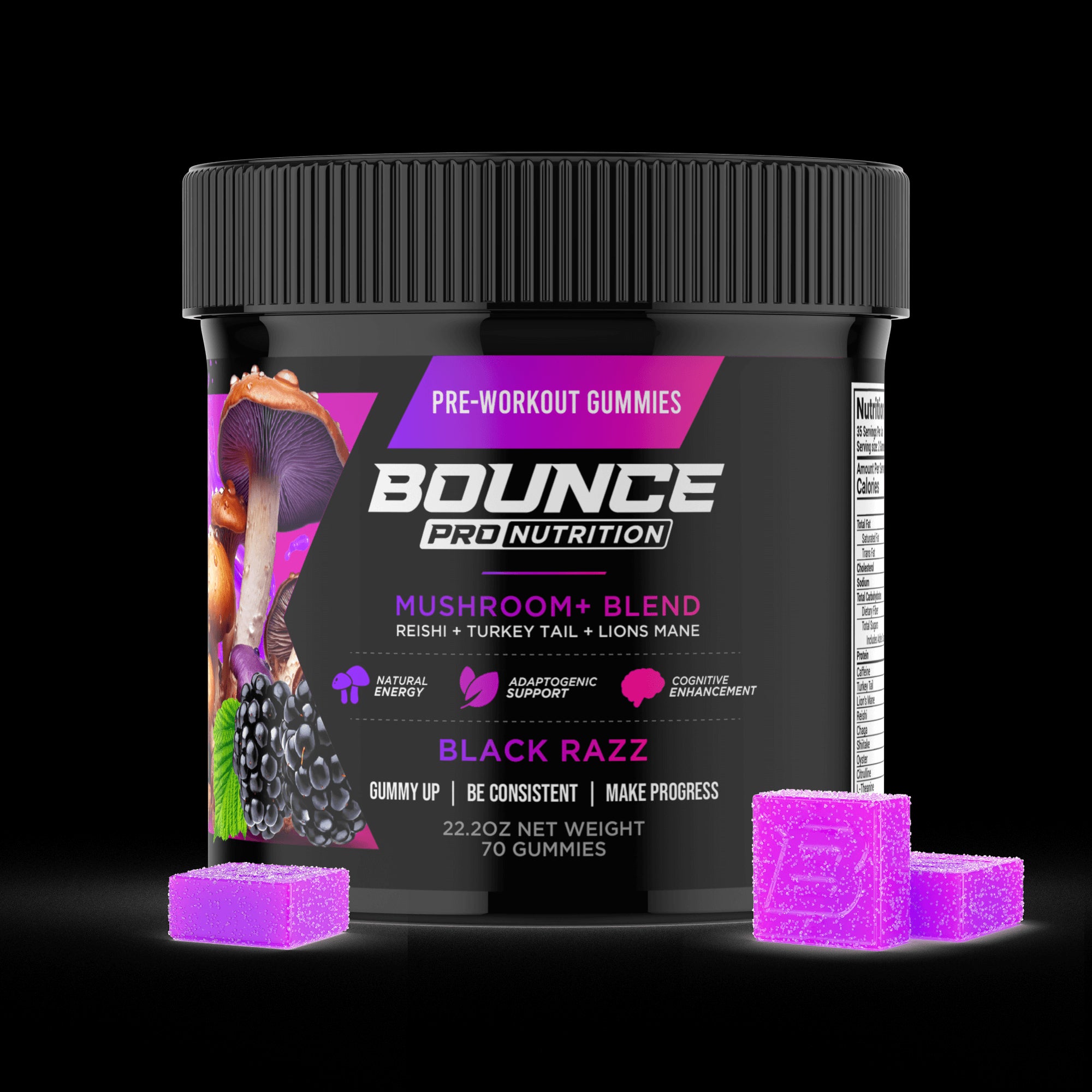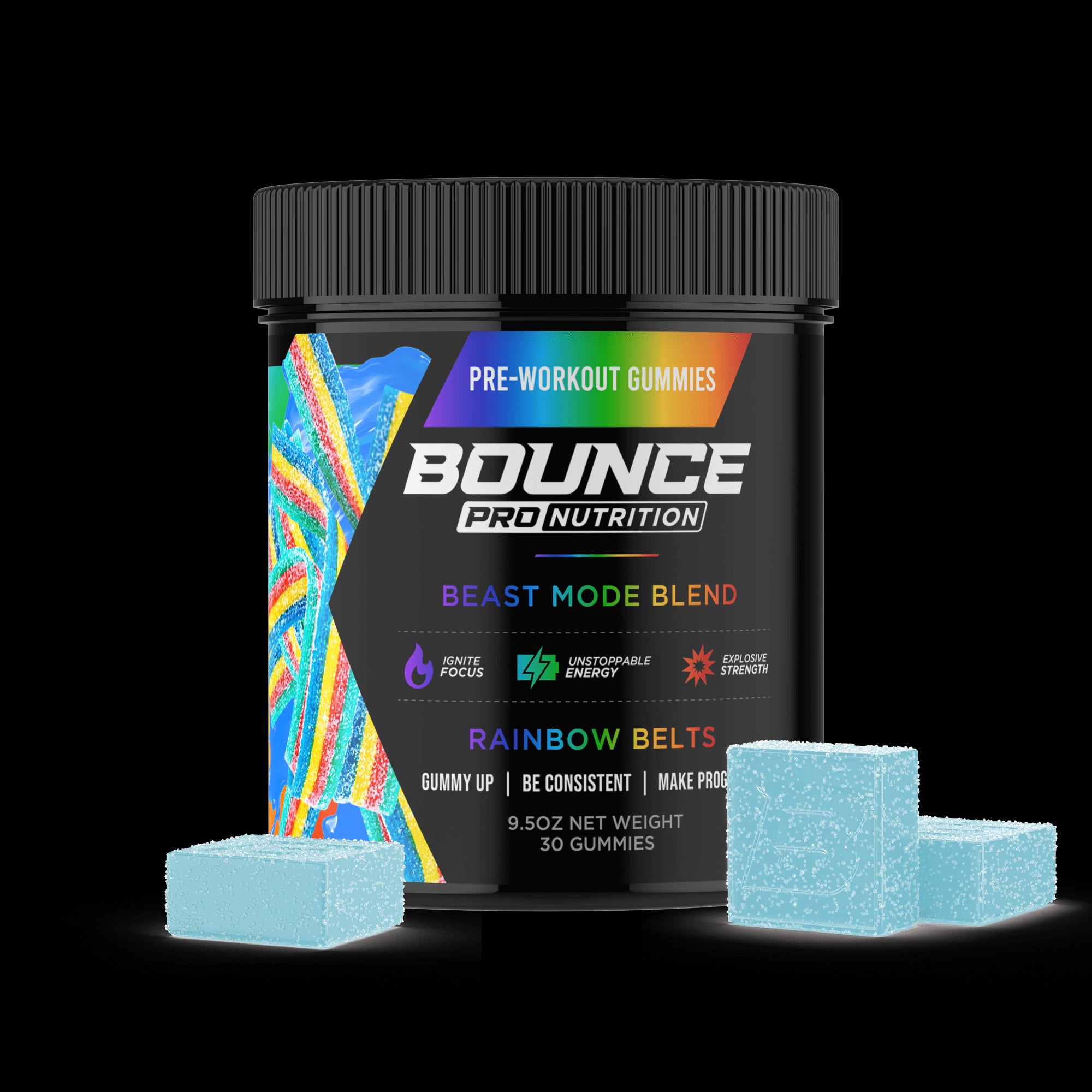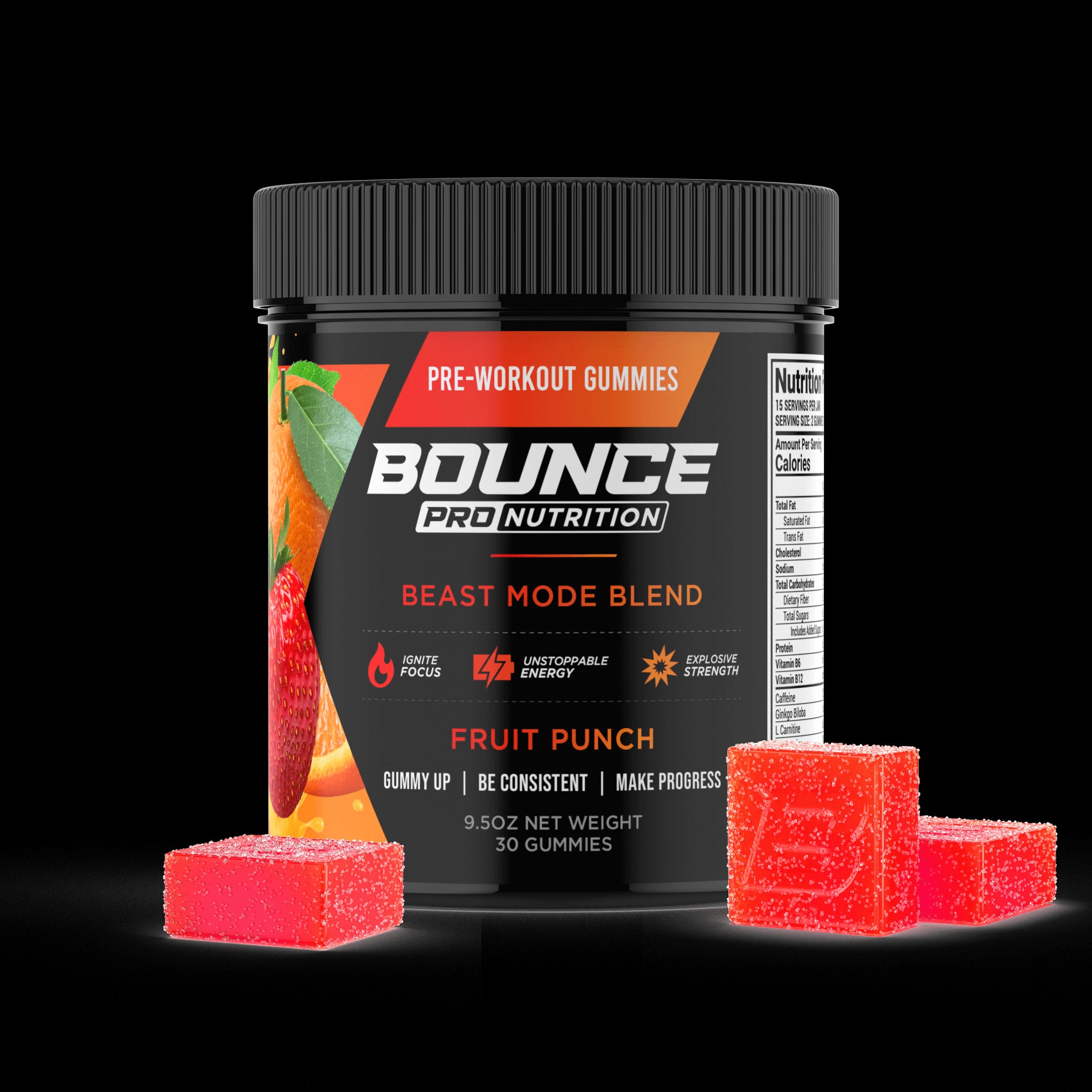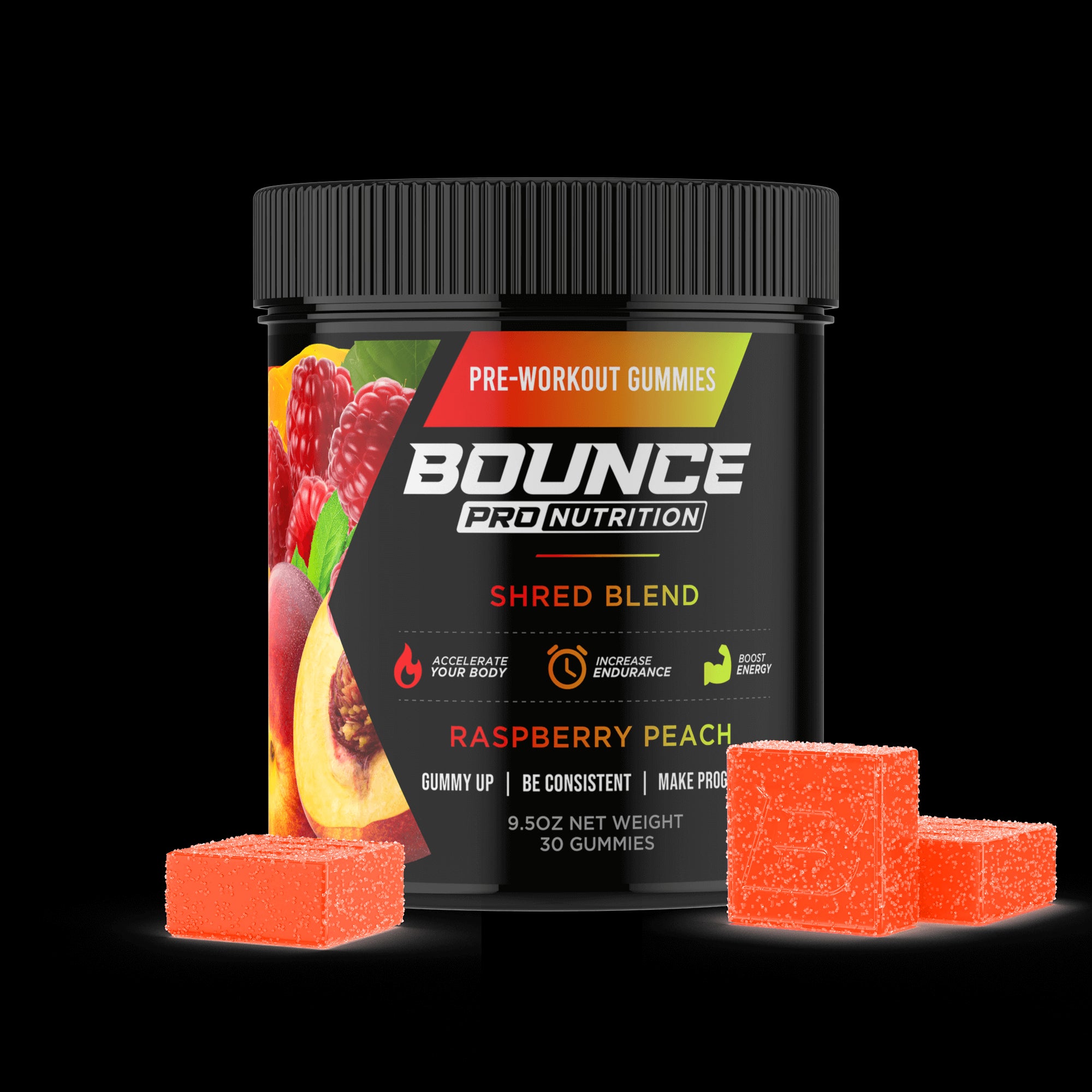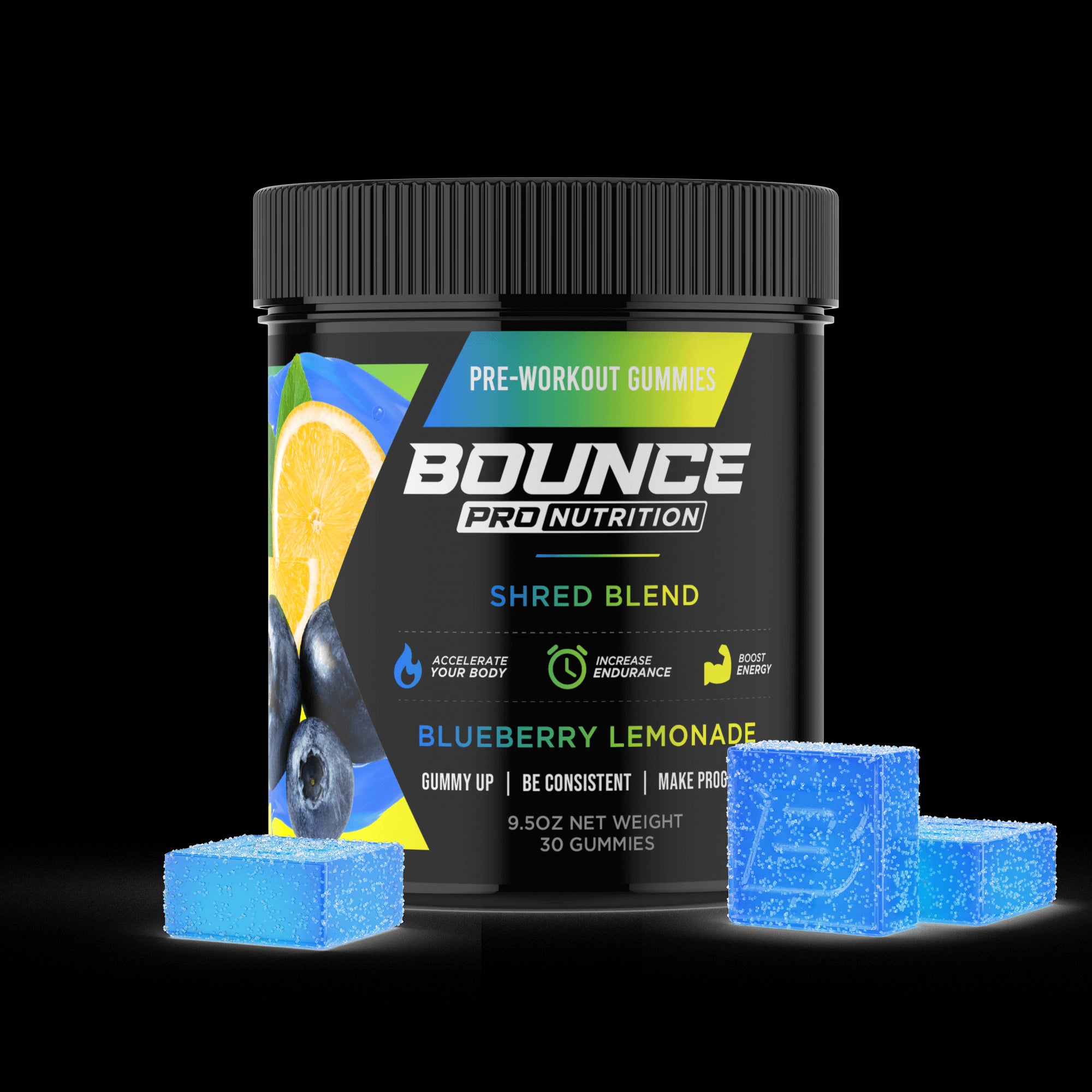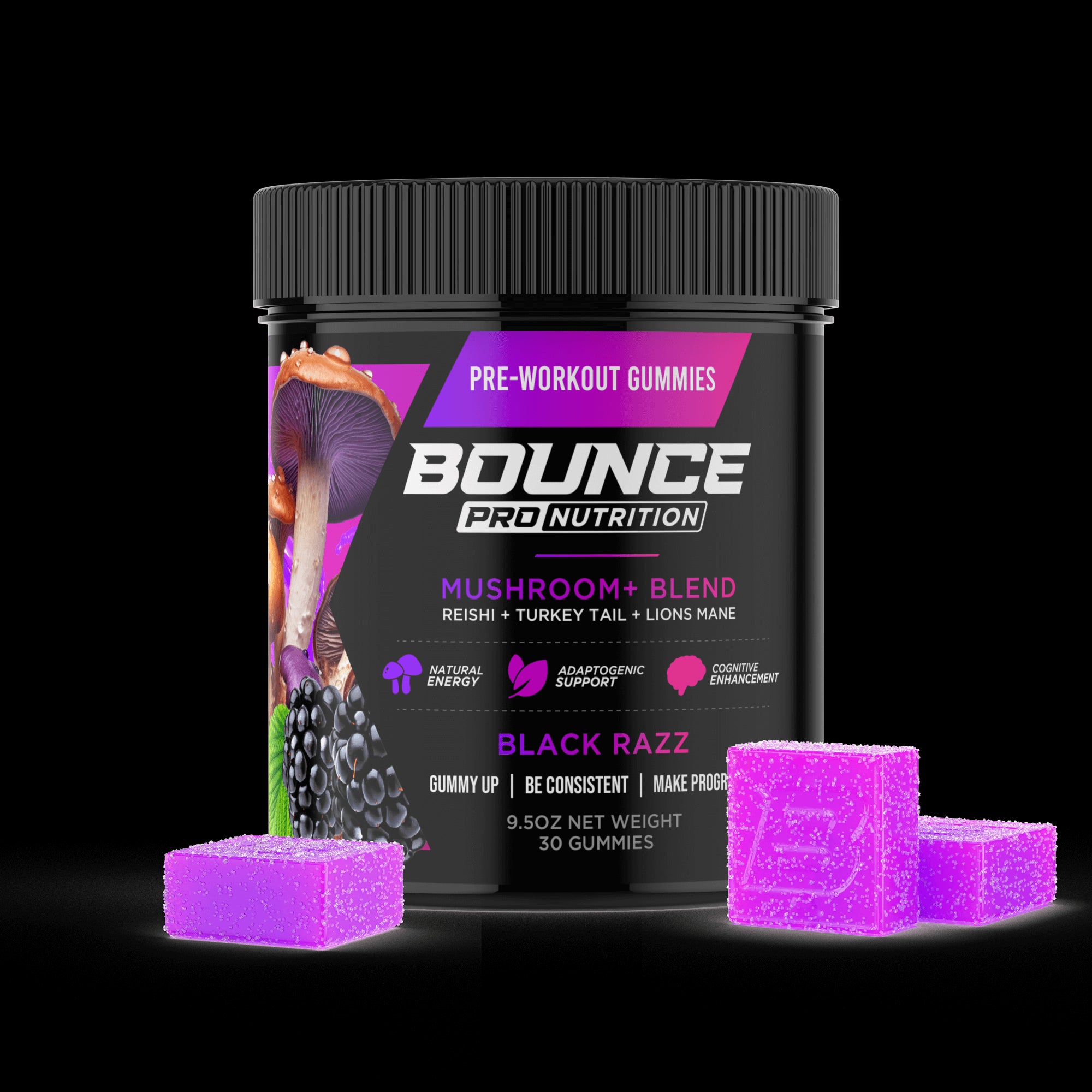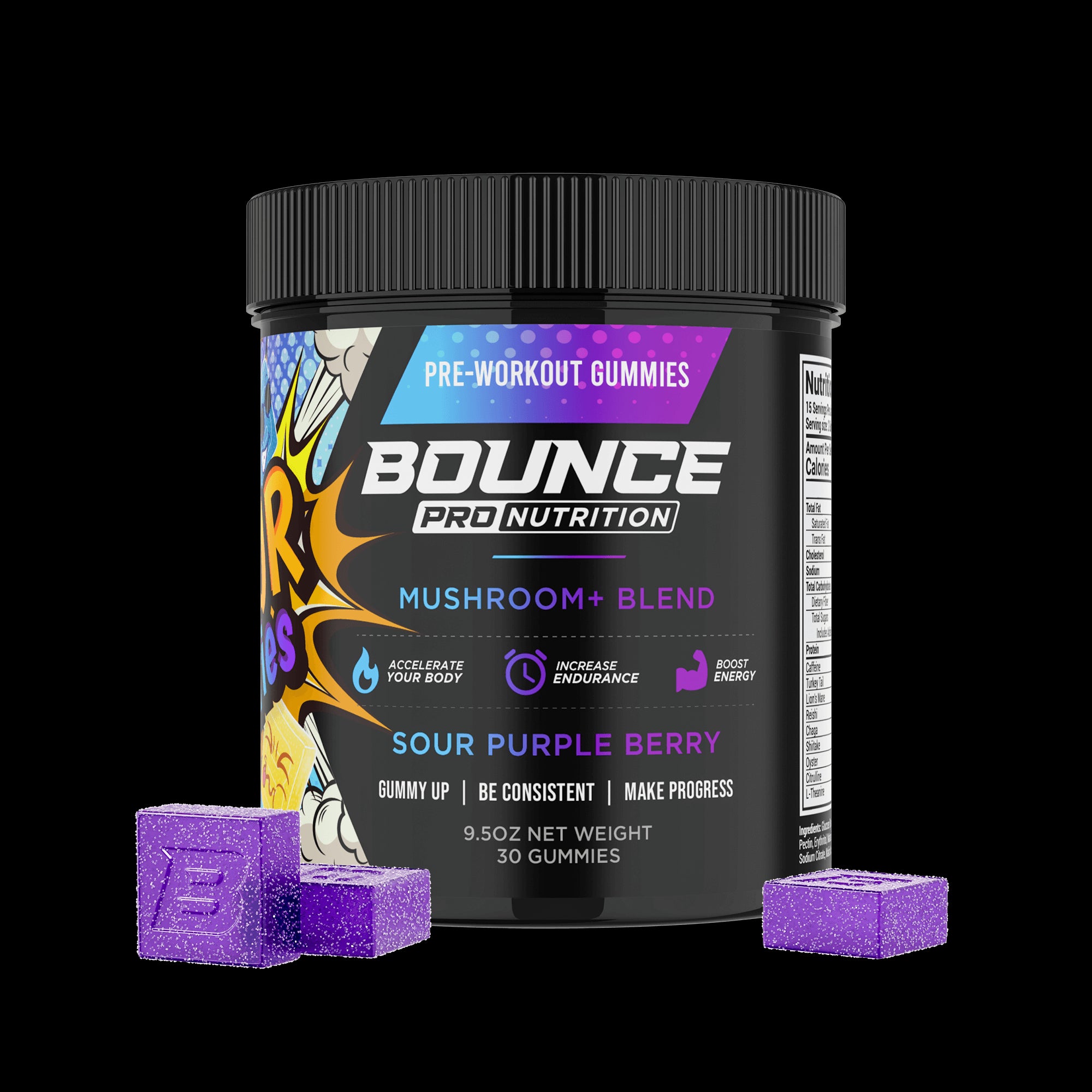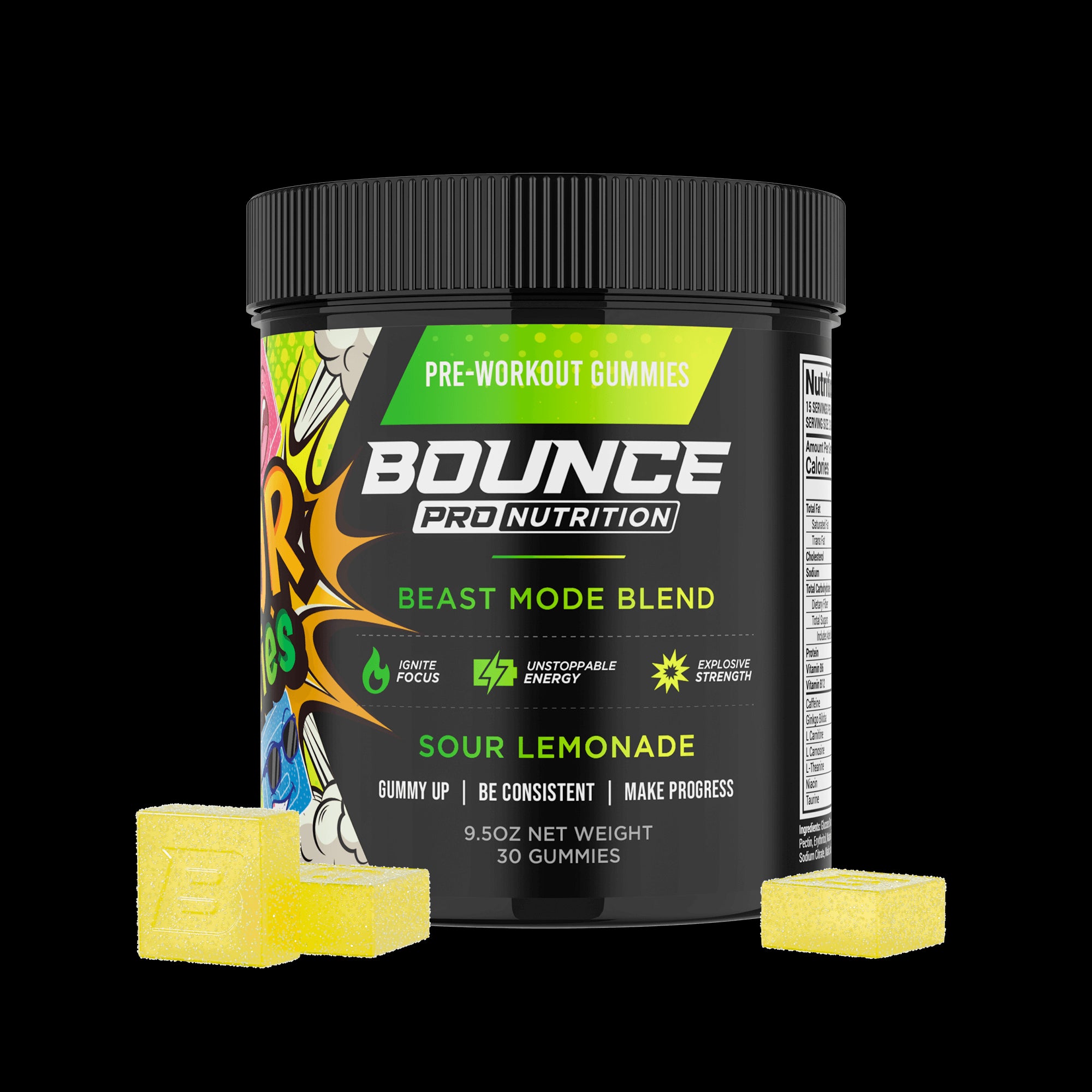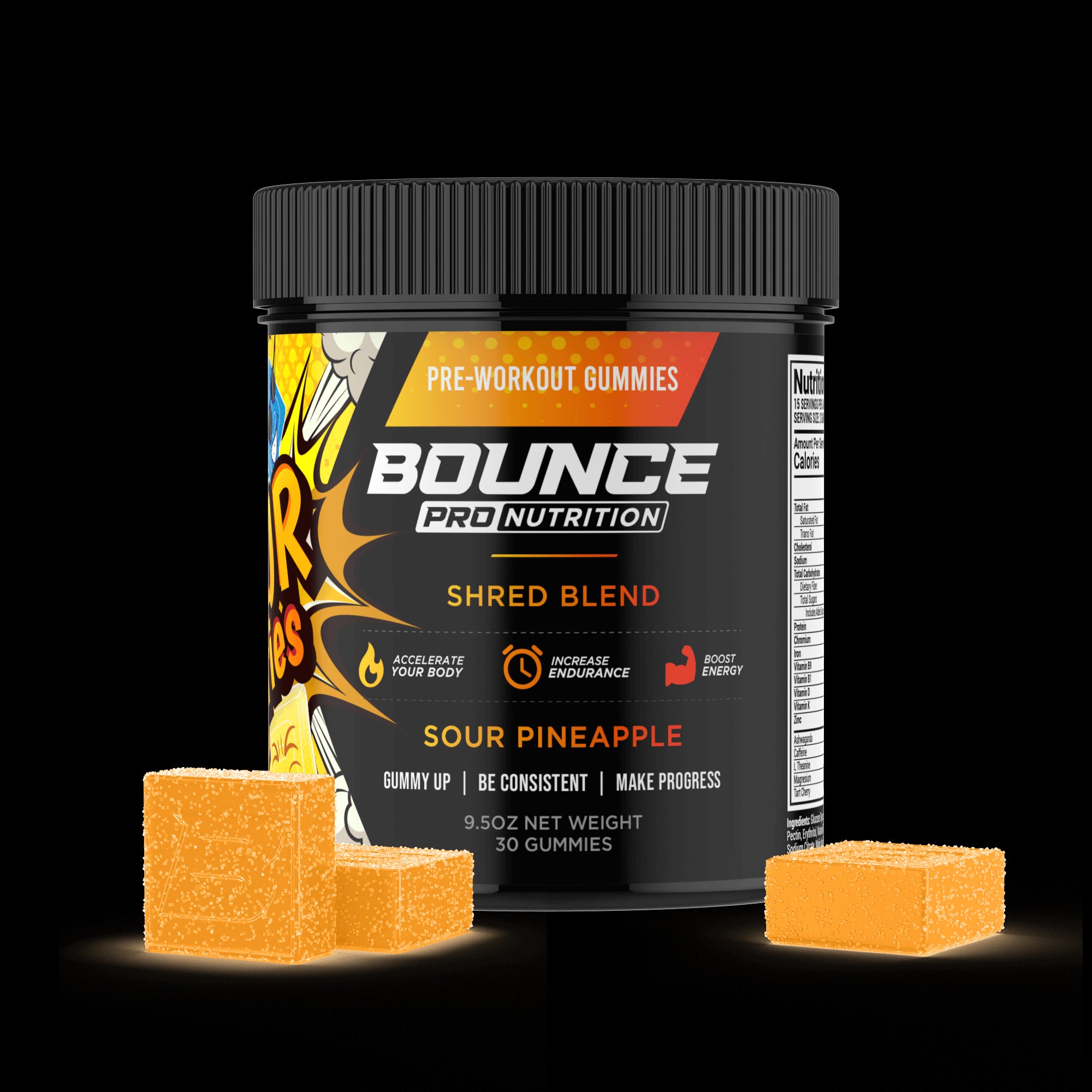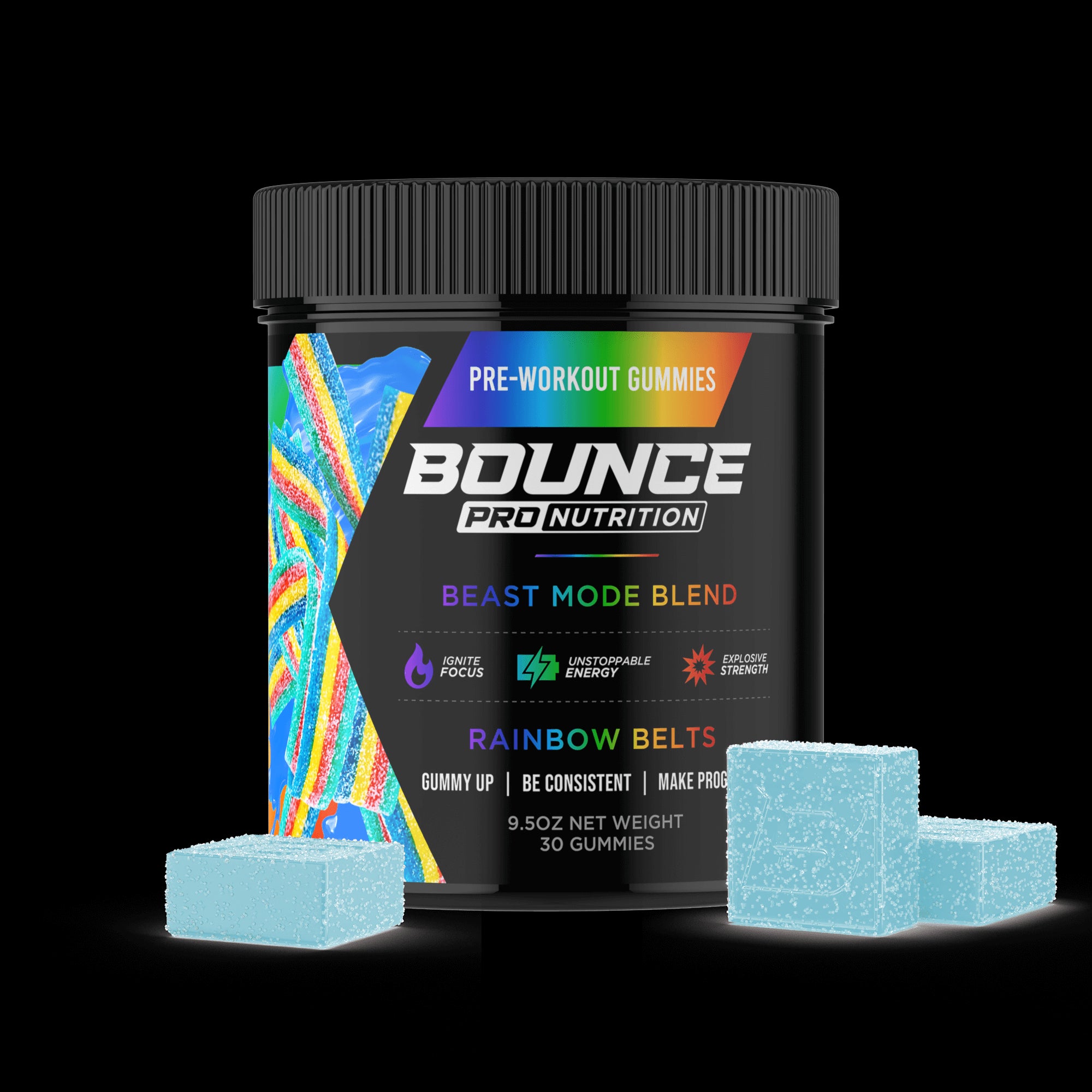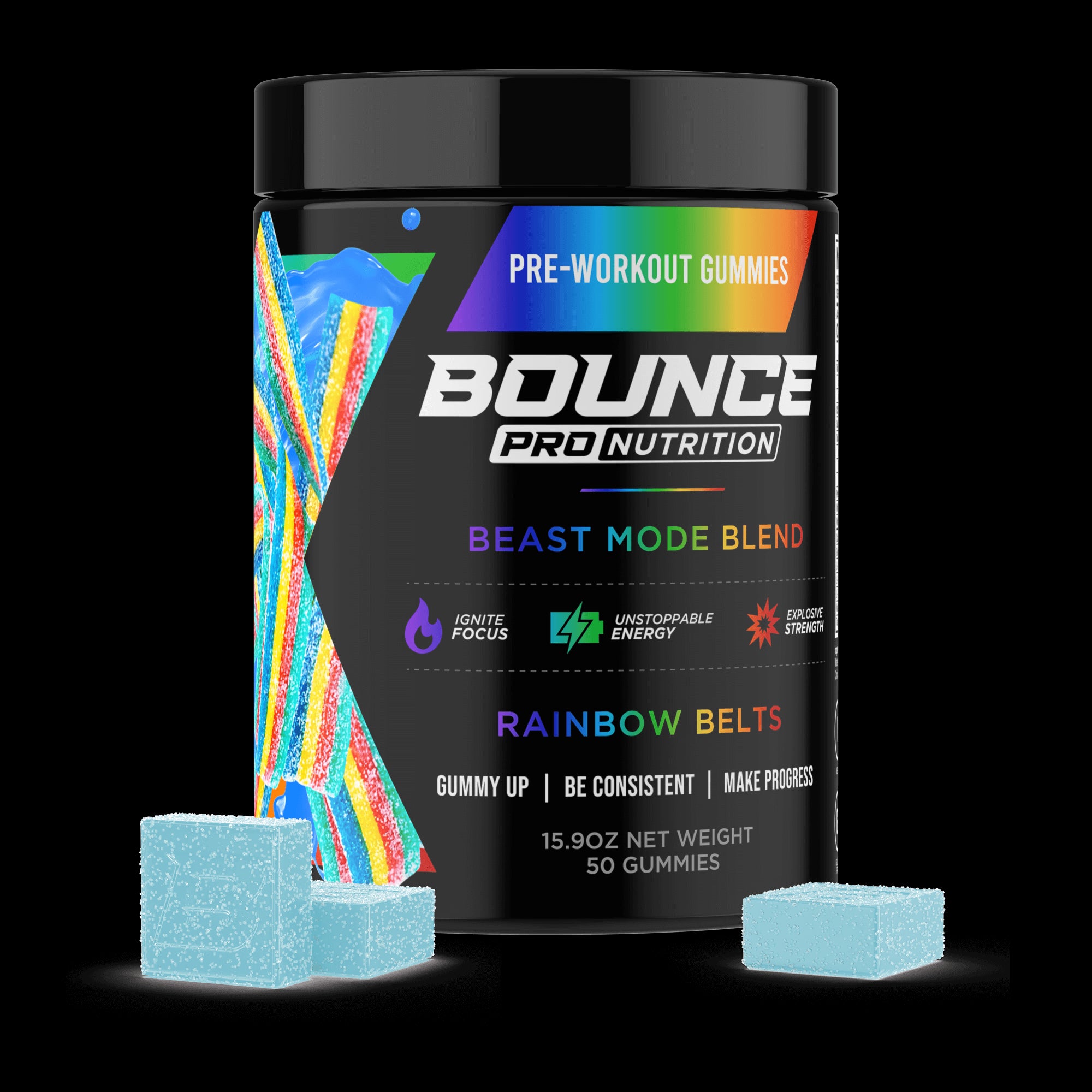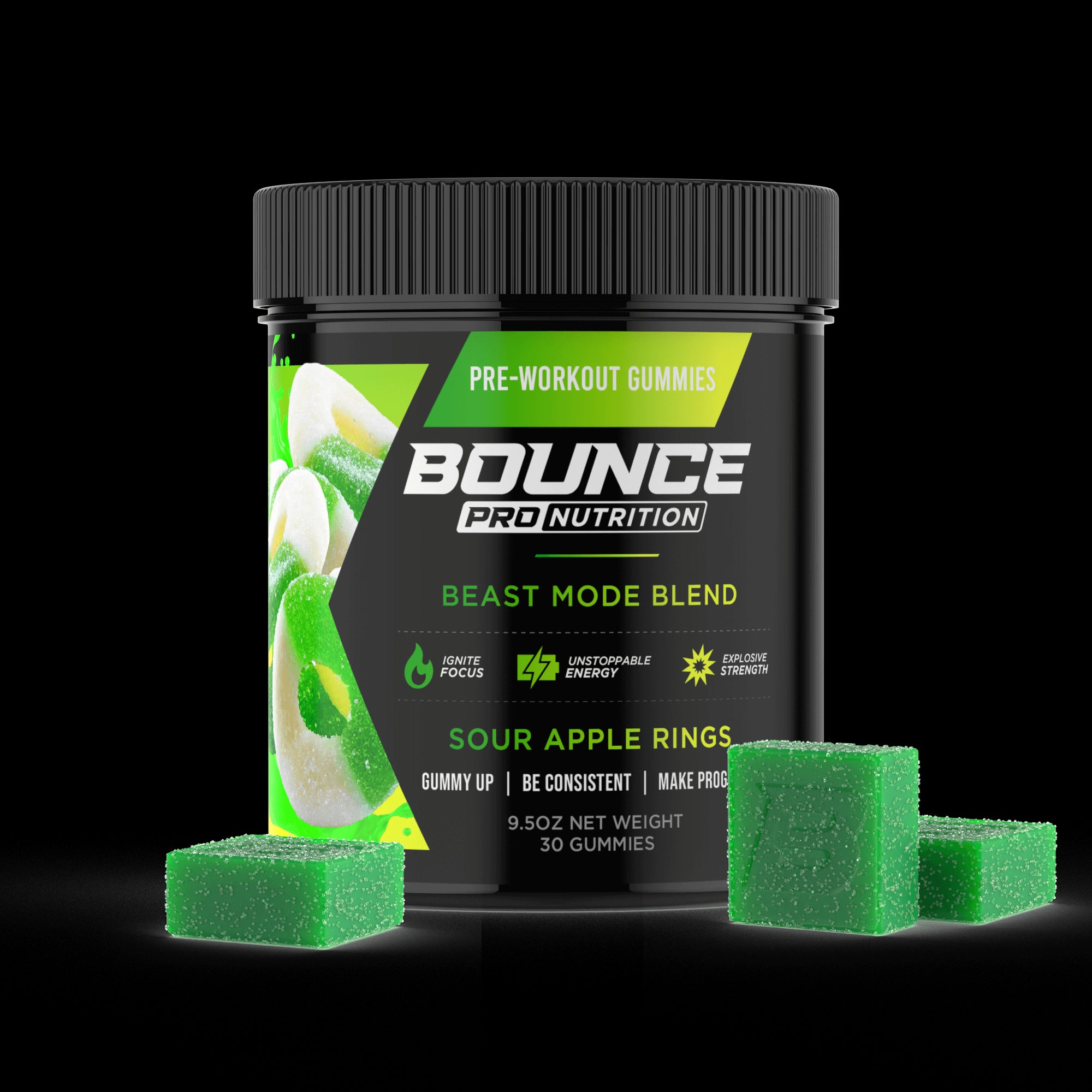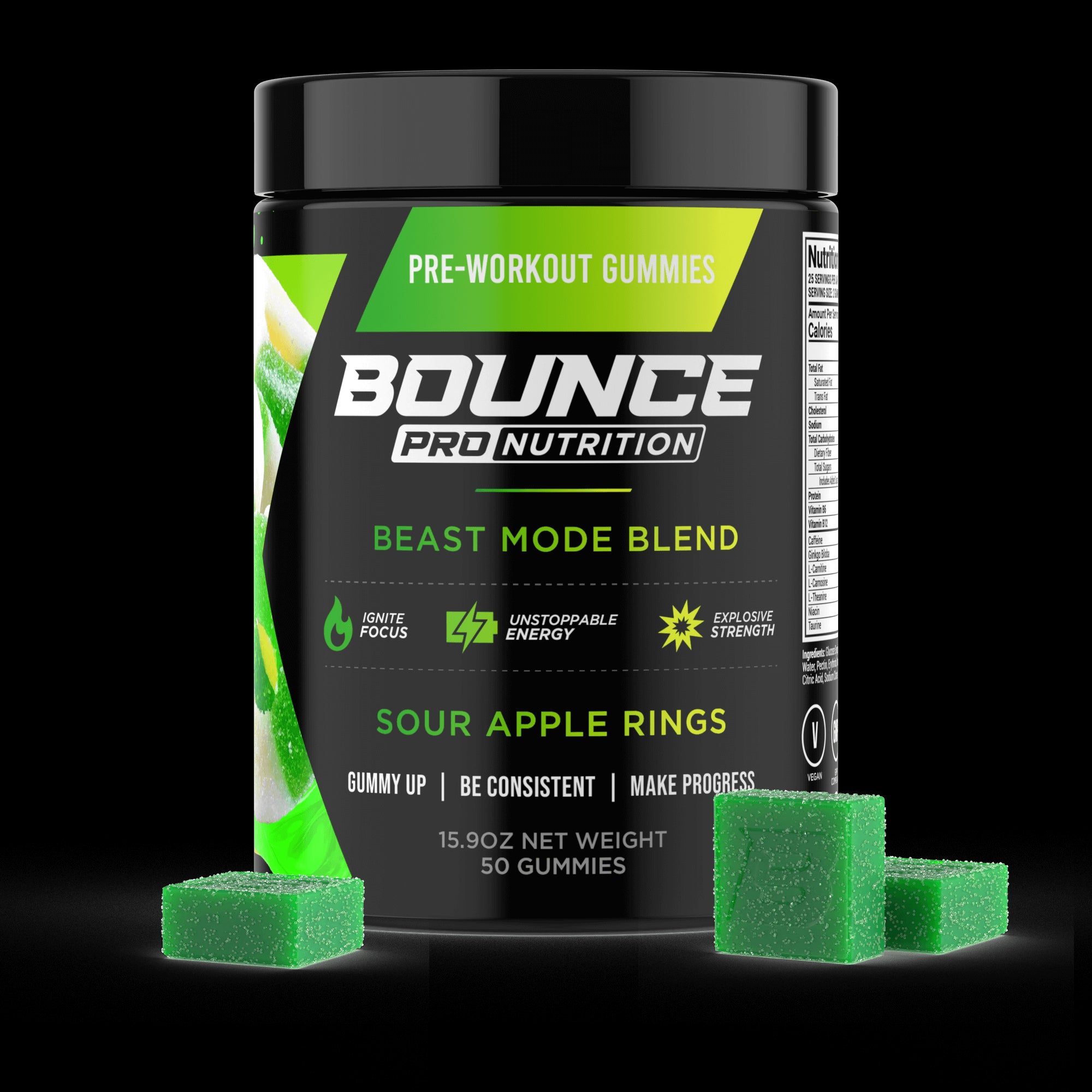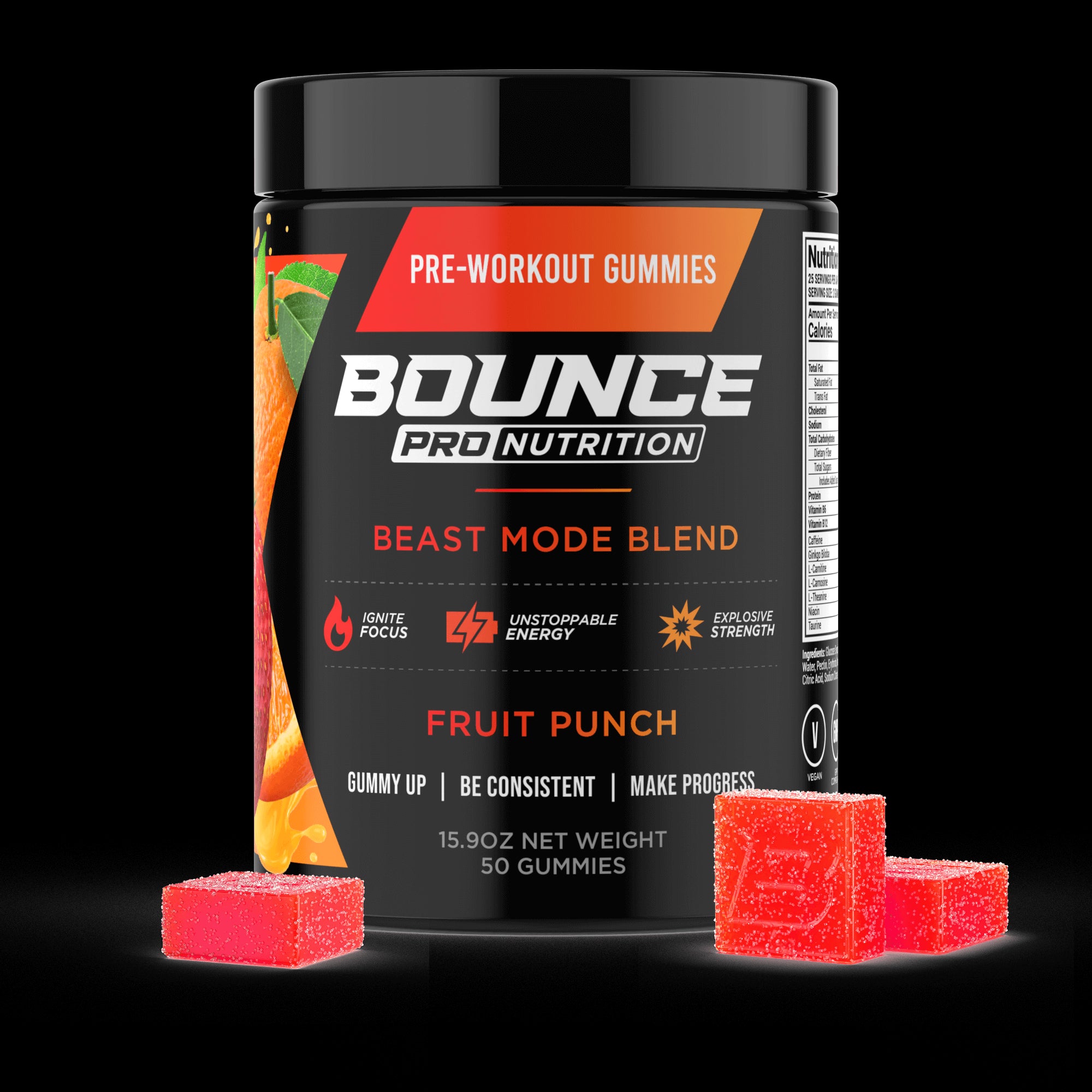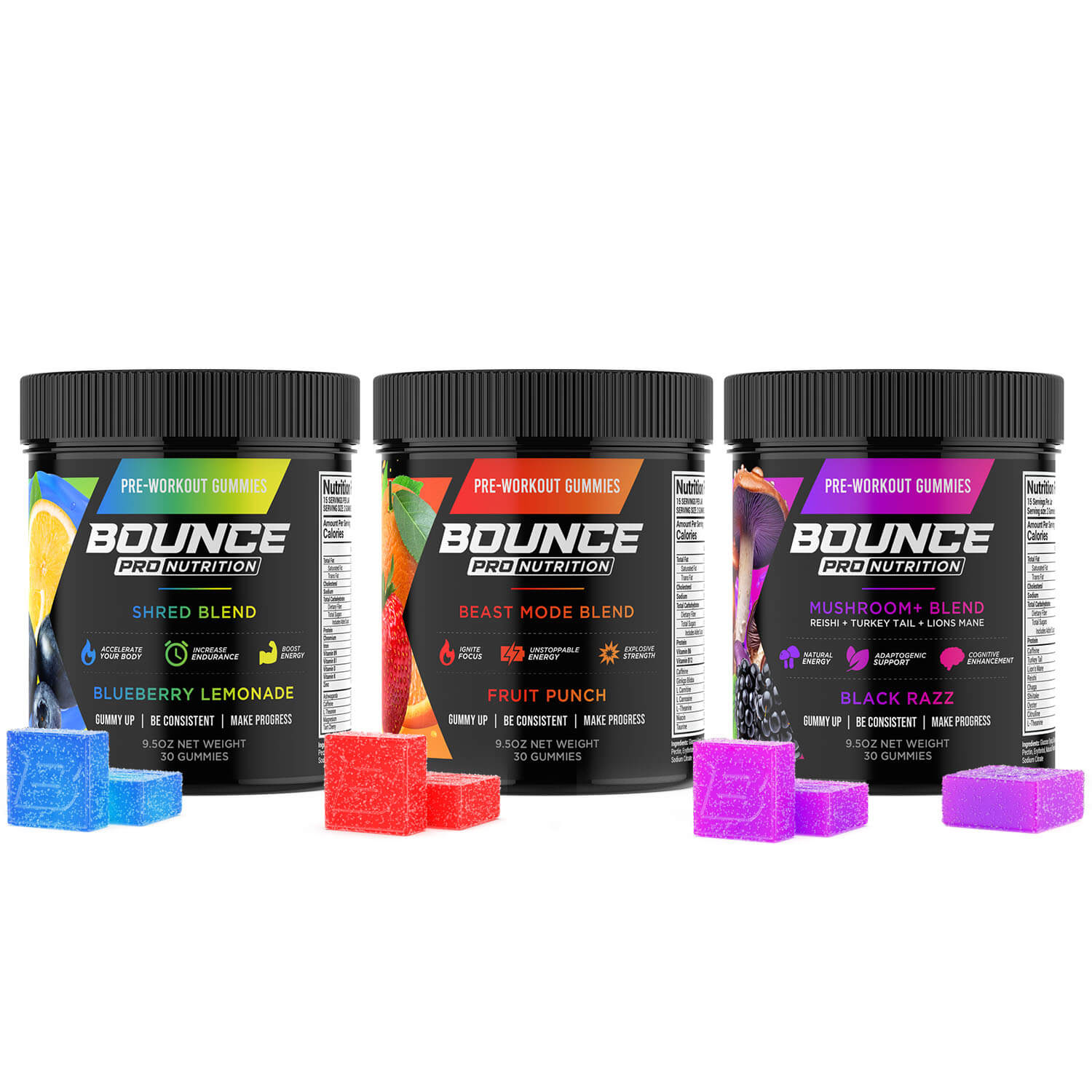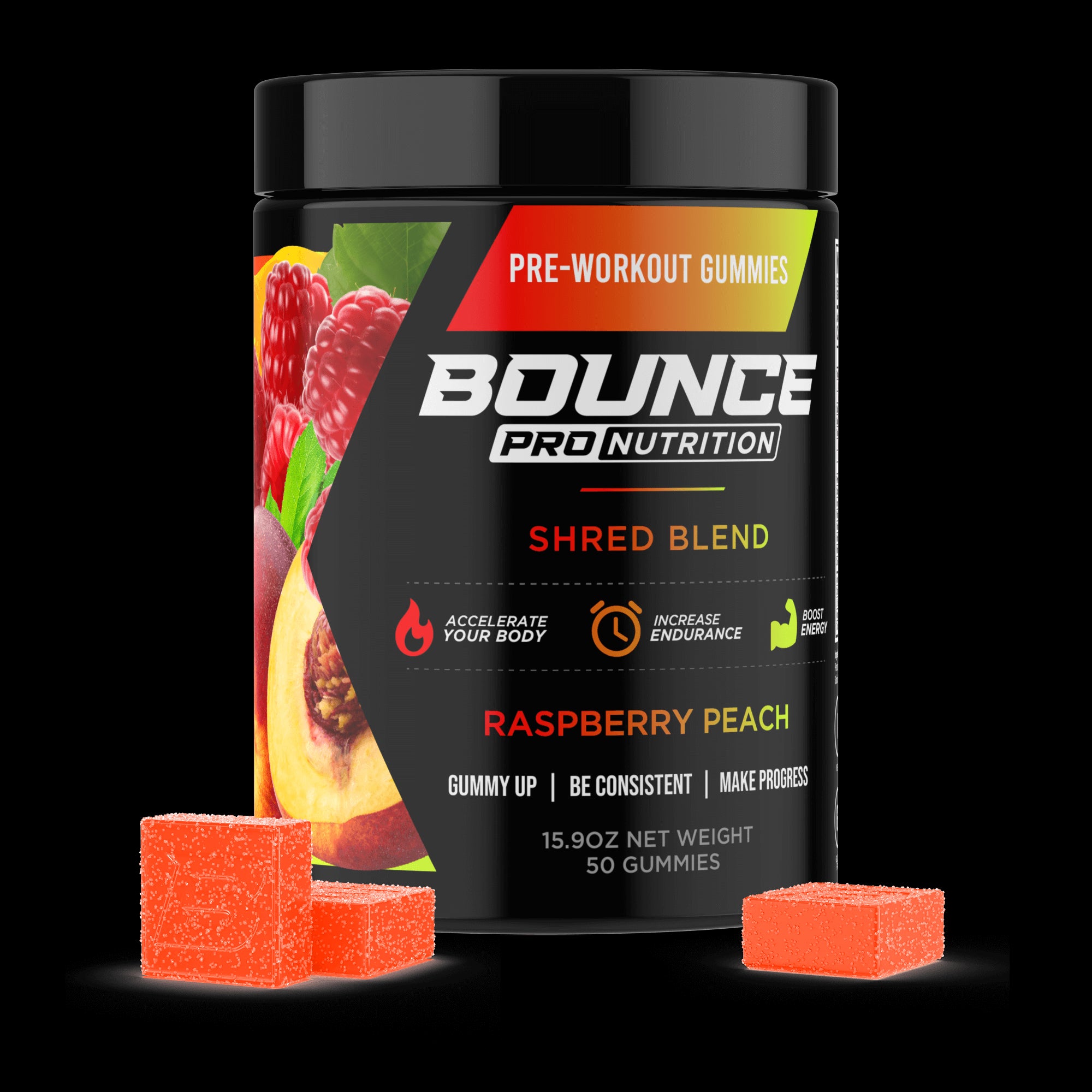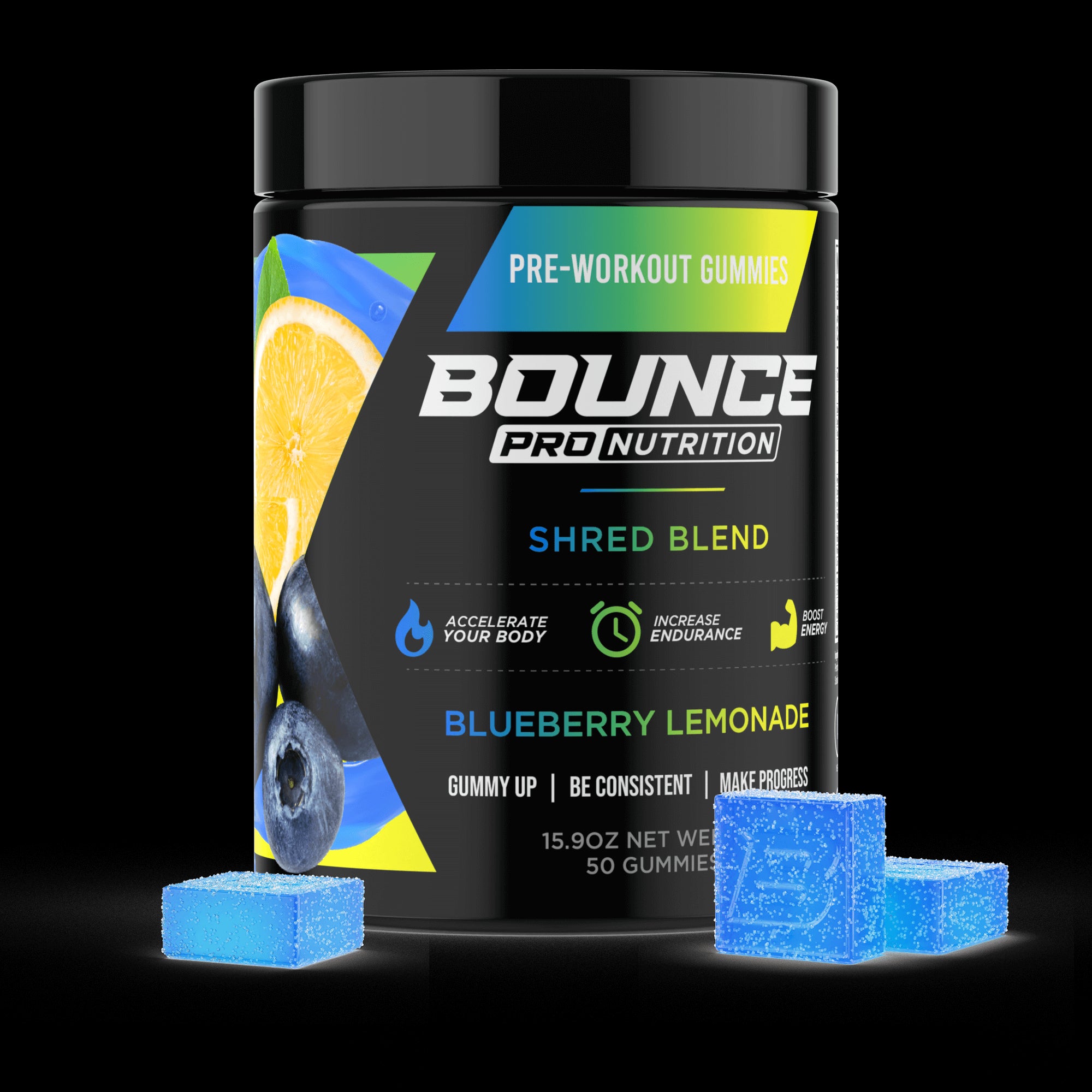Any boxer will tell you that they need all the help that they can get to maintain their strength, endurance, energy, and focus on the match in front of them. But, that can be easier said than done. Fortunately, there’s pre-workout, which offers an abundance of performance-enhancing benefits through natural, sports-approved ingredients.
Of course, when you take your pre-workout supplement can make all the difference when it comes to how much help it can provide you with once you’re inside the ring.
TO BUY PRE-WORKOUT GUMMIES CLICK HERE
How and Why Do People Get Into Boxing?
People get into boxing for a variety of reasons, encompassing both physical and psychological benefits. The motivations can be diverse, ranging from fitness goals to professional aspirations, and even personal development.
How People Get Into Boxing
- Fitness Classes and Gyms: Many people are introduced to boxing through fitness classes that incorporate boxing techniques for cardio and strength training. Gyms often offer beginner-friendly sessions.
- Youth Programs: Some start boxing through youth programs or community centers that offer boxing as a way to engage kids and teenagers in sports.
- Personal Interest: Individuals might develop an interest in boxing after watching professional matches, movies, or documentaries about the sport.
- Personal Recommendations: Friends or family members who box can also be a significant influence, encouraging them to try the sport.
- Self-defense: People seeking effective self-defense techniques might choose boxing for its focus on powerful strikes and evasion techniques.
Why People Get Into Boxing
- Physical Fitness: Boxing is an excellent cardiovascular workout that also improves strength, agility, and endurance. It's a full-body workout that helps in weight loss and muscle toning.
- Mental Health Benefits: Boxing requires concentration and strategy, which can help distract from daily stresses and improve mental health. The discipline and focus needed can also boost confidence and self-esteem.
- Self-defense Skills: Boxing equips individuals with self-defense skills, enhancing their confidence in their ability to protect themselves if necessary.
- Professional Aspiration: Some are inspired by professional boxers and aim to pursue boxing as a career. They start with amateur competitions with hopes of progressing to professional levels.
- Community and Belonging: Joining a boxing gym or club can provide a sense of community. The shared challenges and successes can lead to strong friendships and a supportive environment.
- Personal Challenge: People often take up boxing as a way to challenge themselves physically and mentally. Overcoming the rigors of training and improving in the sport can be a rewarding experience.
How Much Training is Involved When Attempting to Become a Boxer?
Becoming a boxer involves a significant amount of training and dedication, encompassing various aspects of physical conditioning, technique development, strategy learning, and mental preparation. The training regimen for aspiring boxers can be broken down into several key components:
- Basic Conditioning: This includes running, skipping, and exercises aimed at improving cardiovascular health, strength, and endurance. Conditioning is fundamental and usually takes up a considerable portion of the initial training phase.
- Technical Skills: Learning the basics of boxing technique—such as stance, footwork, punches, defense mechanisms (blocking, slipping, bobbing), and combinations—is crucial. This is often achieved through shadow boxing, heavy bag work, mitt work with a coach, and technical drills.
- Sparring: Sparring is essential for applying techniques in a controlled combat situation, helping boxers to develop timing, distance control, and strategy. It's also vital for getting used to taking hits and managing reactions under pressure.
- Strength and Conditioning: Beyond basic fitness, specific strength and conditioning work is tailored to enhance power, speed, and agility. This can include weight training, plyometrics, and circuit training.
- Strategy and Tactics: Understanding the strategic aspects of boxing, including studying opponents, planning fight strategies, and making in-fight adjustments. This often involves watching and analyzing fights, as well as discussing tactics with coaches.
- Mental Preparation: Boxing requires significant mental fortitude, including stress management, focus, and the ability to remain calm under pressure. Mental conditioning can involve visualization techniques, meditation, and psychological coaching.
- Diet and Nutrition: Maintaining a balanced diet is critical for boxers to fuel their training, manage weight, and ensure recovery. Nutrition plans often include a focus on macronutrient balance, hydration, and timing of meals relative to training sessions.
- Rest and Recovery: Adequate rest, including sleep and active recovery days, is essential to prevent overtraining, injury, and to allow the body to repair and strengthen.
The duration and intensity of training depend on several factors, including the boxer's initial level of fitness, experience, and their goals (amateur vs. professional). For amateurs, it's common to train for several months to a year before competing, while professionals may train for many years, continually refining their skills and conditioning as they advance in their careers.
Training frequency can vary widely, with some boxers training 5-6 days a week, often multiple times a day as they approach competition. The commitment is substantial, requiring discipline and sacrifice, but for many, the rewards of competing and succeeding in boxing make it worthwhile.
What is Pre-Workout For Boxing?
Pre-workout is a type of supplement that comes in the form of gummies, powders, or beverages, and it contains a number of active ingredients associated with exercise performance.
The active ingredient(s) that provide these benefits can vary between different brands, but in general, they aim to improve energy levels, physical endurance, focus, mood, muscle support, and/or motivation. Depending on what’s in the formula, it can contain ingredients that offer stress relief, hormonal support, and other additional benefits.
Of course, people who want to take a pre-workout product should read the ingredients before buying, as the fitness supplement market is notoriously unregulated. You always want to know that the formula is safe, especially since some performance enhancers may stimulate the nervous system through less safe means than others, which is why caution should always be a top priority.
If you’re a professional boxer, it’s also important to make sure that the ingredients are approved by your organization.
Key Ingredients in Pre-Workout
Like we said, pre-workout can come with all kinds of benefits, but each formula can be unique based on the manufacturer. Let’s take a look at what these ingredients are, and how they work.
- Caffeine: Caffeine is commonly found in pre-workout gummies, and its primary function is to give a boost in energy, so that you can feel more motivated and energized while exercising.
- Amino Acids: Various amino acids are usually found in pre-workout gummies, serving important functions like boosting stamina/endurance, improving focus, helping muscles repair themselves, increasing strength, and boosting muscle density.
- Nootropics: Nootropics like creatine may be in certain formulas, providing cognitive benefits like mental clarity, concentration, and motivation, so that you can keep your head in the game.
- Adaptogens: Adaptogens like ashwagandha can help the body tolerate more stress, both physical and mental, so that you can get more out of every workout session.
- Mushrooms/Botanicals: Various mushroom and botanical extracts exist in pre-workout gummies that provide various benefits to your routine.
- Vitamins/Minerals: Vitamins and minerals can offer added benefits as these essential nutrients provide the body with key physical and mental support.
How Long Does it Take for These Ingredients to Work?
When it comes to almost any pre-workout formula, you’ll get both long and short-term benefits, as each ingredient affects the body differently. Short-term benefits come from certain energizing and strength-boosting ingredients like caffeine and creatine, which mainly produce an energy enhancement, an increase in focus, and better stamina.
Longer-term benefits are associated with certain nutrients and amino acids, which require more time to build up in the body before offering their effects to the fullest potential. Because of this, taking pre-workout daily is key to getting as much benefits as possible.
Daily use means that you’re going to enjoy the fast-acting benefits of some ingredients, while consistently building up a good supply of the longer-term ingredients that can benefit you over a more sustained time period.
Given all of that, you’ll be benefiting from your pre-workout no matter when you take it. Basically, by sustaining high levels of nutrients in the body that directly pertain to performance, you’re going to see better effects once you’re ready for a match.
As a boxer, you still want to get the most out of those short-term benefits like energy and focus, which is why you need to time your dose wisely. For instance, taking a pre-workout with caffeine in the morning won’t help you very much if your match is at night.
When is the Best Time to Take Pre-Workout Before a Boxing Match?
Any reputable pre-workout product brand should be clear on their label about how to use the product. You should be able to find instructions on how much to take per day (like 1 gummy, or 1 scoop of powder) as well as when to take them to benefit from them peaking. Plus, something that we witness with almost every pre-workout is that it recommends taking a dose 30 minutes prior to engaging in physical activity, whether that’s a Pilates class or a boxing match.
Basically, it takes about 30 minutes for the short-term ingredients to peak, such as caffeine, creatine, and any other ingredients that deliver faster-acting results. So, by taking the product 30 minutes before you begin a match, these ingredients will peak when you really need them.
Of course, at the end of the day you should always stick to the manufacturer’s directions on the product label. Any good pre-workout product should give clear instructions as to when to take your dose to get the most out of your body when you’re ready to engage.
Take Your Pre-Workout 30 Minutes Before Your Match for the Best Results
Boxing appeals to a wide range of individuals because it offers numerous benefits beyond just physical fitness. Whether for health, self-defense, professional goals, or personal growth, boxing attracts people with its dynamic and comprehensive nature.
So, when you have a boxing match coming up, make sure you take pre-workout taken a half hour before you engage in a boxing match, or any form of physical exercise for that matter, with few exceptions.
At Bounce Nutrition, all 3 of our pre-workout gummy formulas are best taken 30 minutes prior to when you want to enjoy the full potential of their beneficial ingredients.

